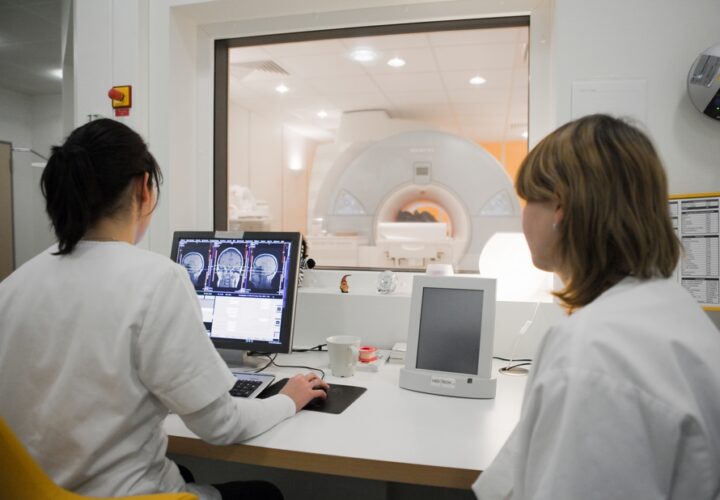People who undergo hormone therapy to treat prostate cancer are at higher risk of developing dementia and Alzheimer’s disease, according to a new study.
Androgen deprivation therapy (ADT) is used to slow the progression of, or sometimes shrink, prostate tumors.
Androgen Deprivation Therapy Linked to Dementia Risk
The study, published in the JAMA Network Open, found that prostate cancer patients treated with ADT had a 20 percent higher risk of being diagnosed with dementia and Alzheimer’s within the next 10 years. That risk became higher as doses of androgen-deprivation drugs increased.
ADP, also known as androgen suppression therapy, lowers levels of male hormones, called androgens, to keep them from stimulating the growth of prostate cancer cells. The most common androgens found in the male body are testosterone and dihydrotestosterone (DHT). Lowering androgen levels can shrink or slow down the growth of tumors, but does not cure cancer alone.
Related: Do Hormones Really Affect Your Memory?
The researchers followed almost 155,000 men who’d been diagnosed with prostate cancer. Their average age was 74. Of those patients, 62,330 were treated with androgen deprivation therapy, while the rest were not.
Compared to those who received no hormone therapy, men who received one to four doses of ADT had a 19 percent increase in dementia and Alzheimer’s risk. Those who received five to eight doses had a 28 percent higher risk of Alzheimer’s and 24 percent increased risk of other types of dementia.
Should People With Prostate Cancer Avoid Hormone Therapy? It Depends
The study’s lead author, Ravishankar Jayadevappa, a research associate professor in the department of medicine at the University of Pennsylvania’s Perelman School of Medicine in Philadelphia, pointed out that ADT can be a lifesaving treatment for people with advanced prostate cancer, and shouldn’t be avoided in those cases.
However, he said, it may not be a good choice for people with localized prostate cancer. Those patients should talk with their doctor to weigh the benefits and risks of using androgen deprivation therapy.
“Our results suggest that clinicians need to raise their awareness about potential long-term cognitive effects of hormone therapy and discuss these risks with their patients,” Jayadevappa said. Even in patients at high risk, there needs to be a discussion about the risk of dementia and Alzheimer’s disease during long-term follow-up.
Studies until now on the cognitive impact of androgen deprivation therapy have been mixed. This is one of the largest and most definitive study to date.




